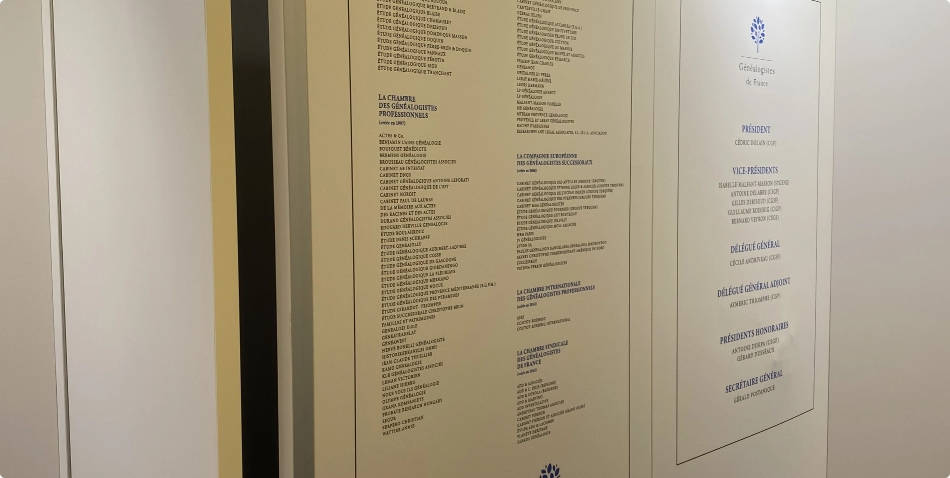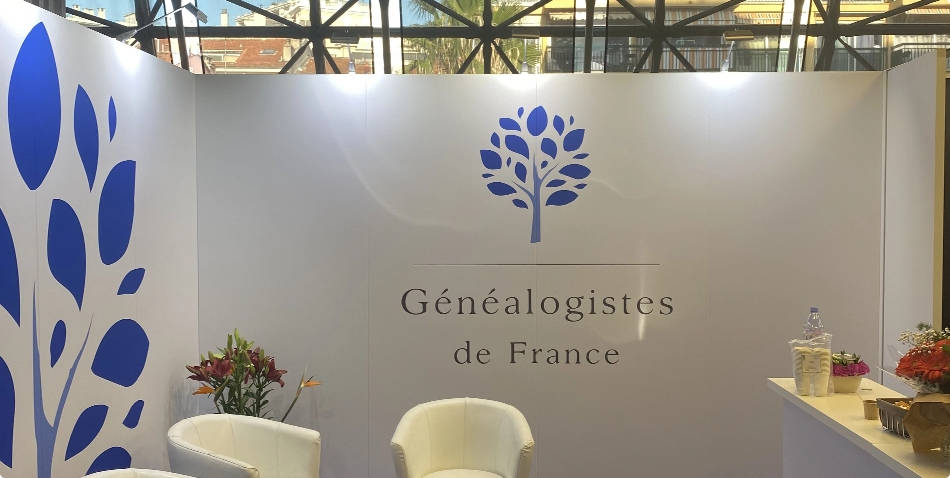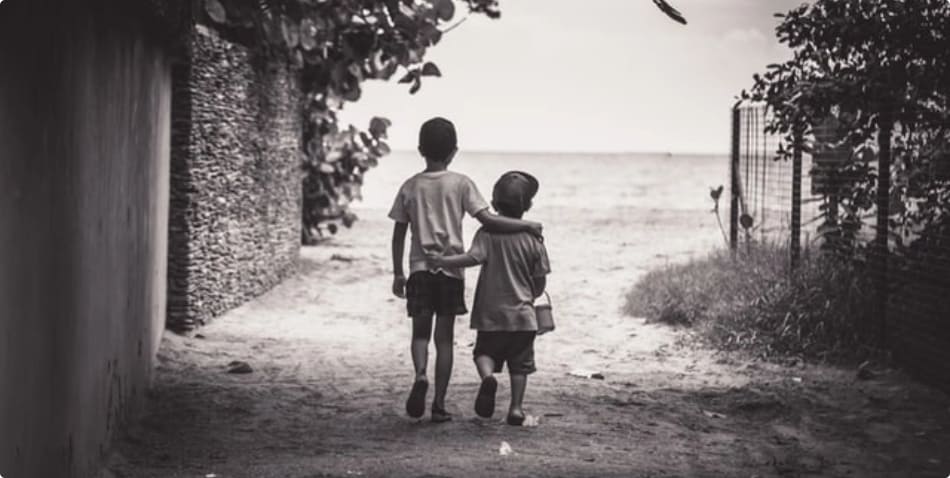As every year, the profession met its partners and SYGENE was present on the Genealogists of France stand.


RELATED BLOG
The 2023 DEAUVILLE Notaries’ Conference.
As every year, the profession met its partners and SYGENE was present on the Genealogists of France stand.
The Sygene was present on the Genealogist De France Stand at the 117th French Notaries’ Congress
As a member of the union "Genealogiste De France", the national organization representing professionals of genealogy, SYGENE was present at...
The SYGENE will be present at the 118th French Notary Congress between 12th-14th October 2022.
As a member of the union "Genealogiste De France", the national organization representing professionals of genealogy, SYGENE was present at...
You have been contacted by a professional genealogist or you are looking for a professional genealogist, by pressing here you will find all the useful information about our members and our profession.
Find out More
Press here to discover more information on the Professional Genealogists members of SYGENE
Find out More
You are an individual requiring a family or estate genealogy professional, please press here to get more information on the profession and our members.
Find out More




